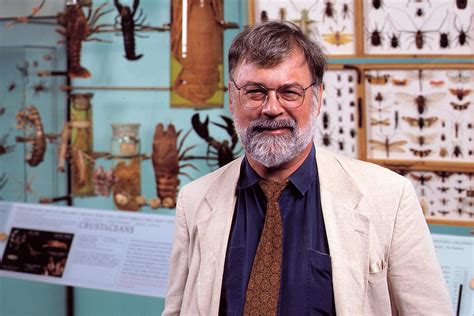A Quote by Jawaharlal Nehru
Related Quotes
Remember...this year has already seen more billion-dollar weather-related disasters than any year in US history. Last year was the warmest ever recorded on planet Earth. Arctic sea ice is near all-time record lows. Record floods from Pakistan to Queensland to the Mississippi basin; record drought from the steppes of Russia to the plains of Texas...This is what climate change looks like in its early stages.
Part of why history is so important in my life is because it brings you an awareness that everything isn't new. It gives context to what's happening right now. History is cyclical but circumstances and technology change. So when social justice topics come up, they're not new. They're just being covered more. We have more ways to record it now.
I am opposing it with an idea of the history of philosophy as a history of philosophers, that is, a history of mortal, fragile and limited creatures like you and I. I am against the idea of clean, clearly distinct epochs in the history of philosophy or indeed in anything else. I think that history is always messy, contingent, plural and material. I am against the constant revenge of idealism in how we think about history.
The study of history is the best medicine for a sick mind; for in history you have a record of the infinite variety of human experience plainly set out for all to see; and in that record you can find yourself and your country both examples and warnings; fine things to take as models, base things rotten through and through, to avoid.







































